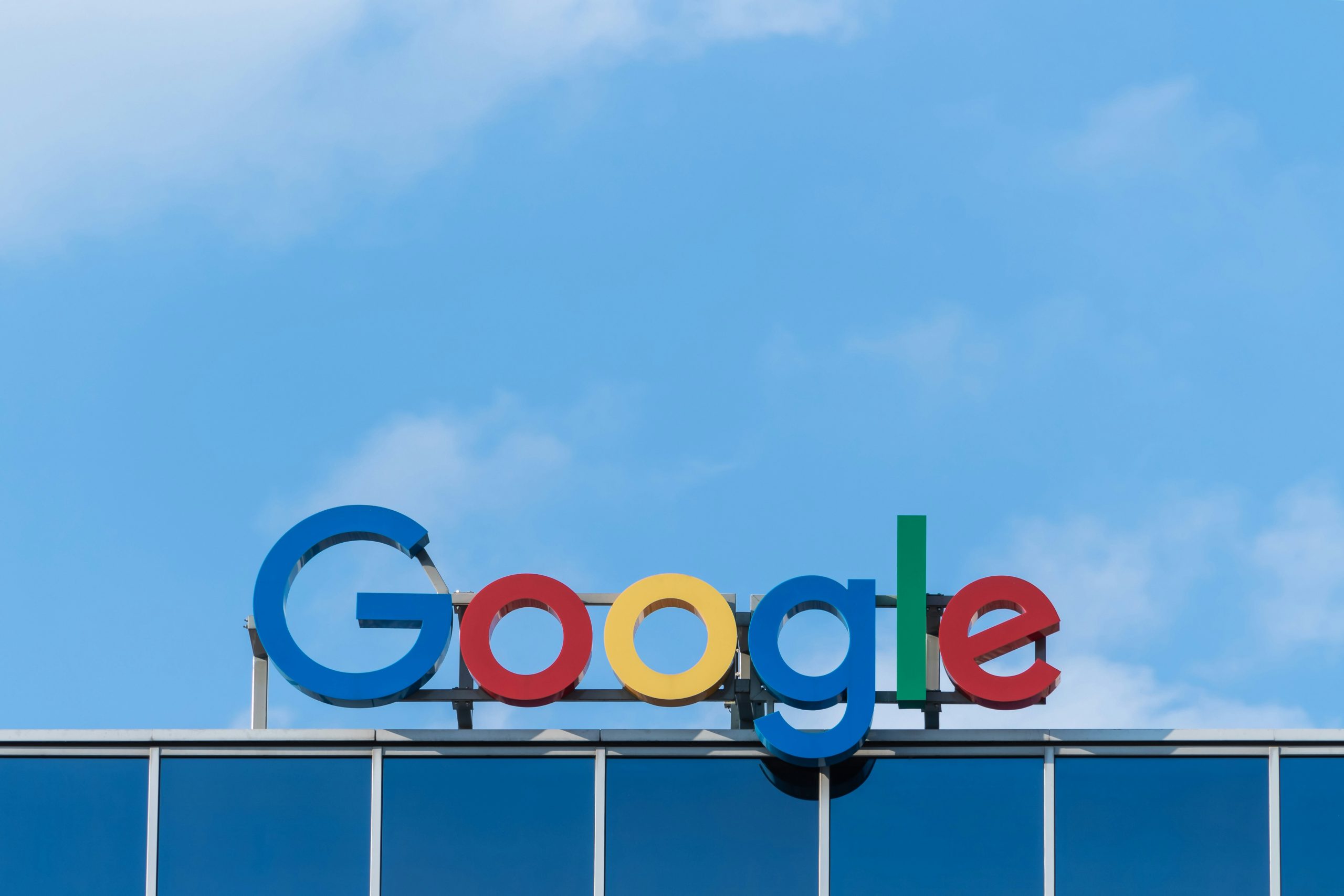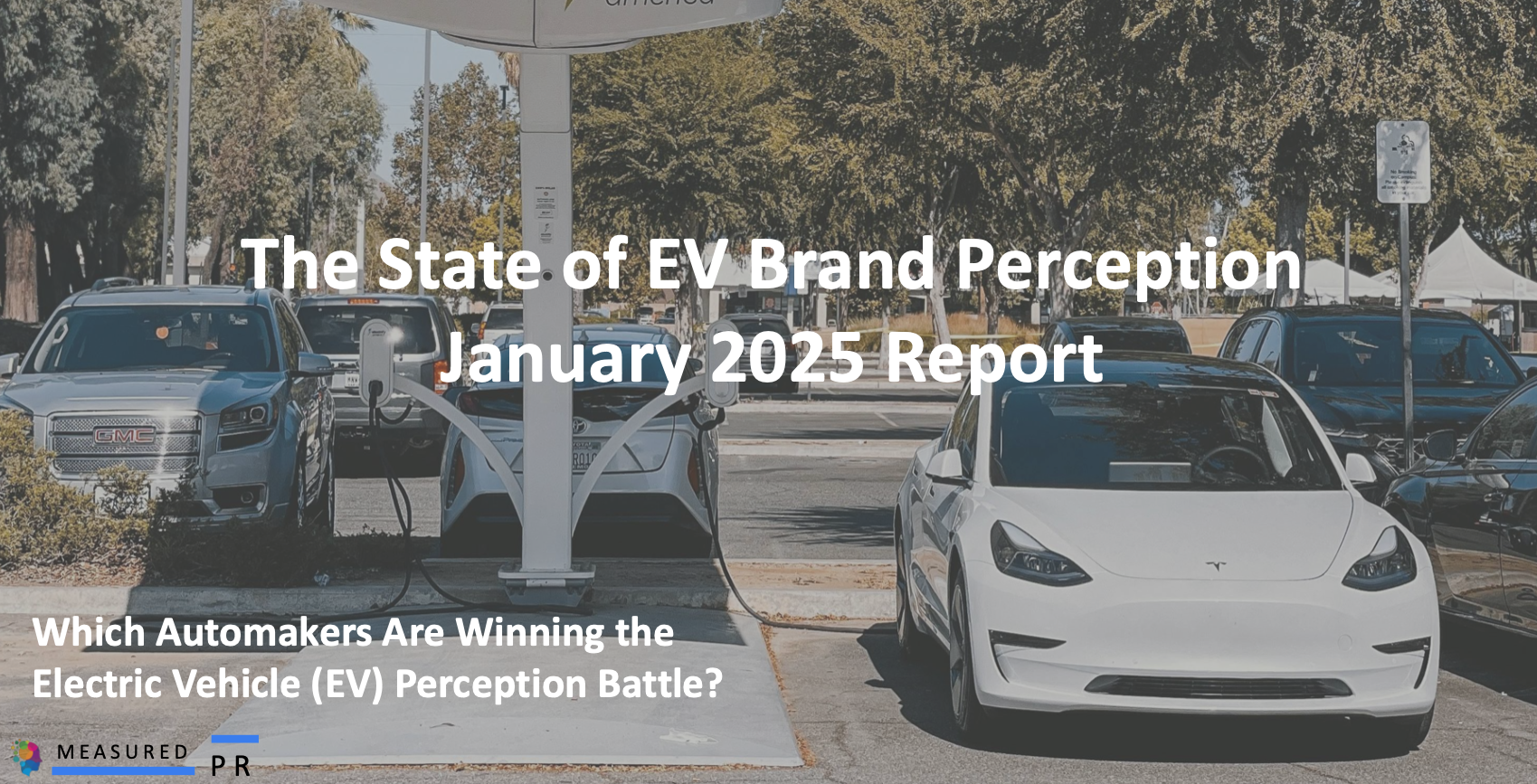measuredPR Blog
The Evolving Role of the Chief Communications Officer: Measuring and Protecting Brand Reputation

In today’s fast-paced, hyper-connected world, the role of the Chief Communications Officer (CCO) has shifted dramatically. What used to be a position focused mostly on media relations and press releases has become a dynamic and strategic leadership role. One of the biggest shifts? The focus on managing—and more importantly, measuring—brand reputation. With news, social media, and public opinion moving at lightning speed, the CCO is now at the frontline of protecting a company’s image.
Why Brand Reputation Matters
A company's reputation is one of its most valuable assets. A strong, positive reputation builds trust, attracts customers, and can differentiate a company from its competitors. On the flip side, a damaged reputation can have serious consequences—lost business, eroded trust, and long-term recovery challenges. The CCO’s job is to make sure the company is telling its story in a way that aligns with its values and resonates with the public.
But managing brand reputation isn’t just about putting out a good message. In today’s world, it means overseeing a broad range of communication channels—from traditional media to social platforms—while making sure the company’s story is consistent, authentic, and engaging.
Measuring Brand Perception: A Game-Changer
What sets the modern CCO apart is their ability to track and measure brand perception in real-time. Thanks to analytics tools and media monitoring platforms, CCOs can now gather data on how people are talking about the company across various channels. Whether it’s news articles, social media posts, or customer reviews, this feedback provides valuable insight into how the public views the brand.
This data-driven approach allows CCOs to adjust communication strategies on the fly, proactively addressing potential issues before they escalate and ensuring the company’s messaging is resonating with its audience. Being able to track brand sentiment also gives CCOs a way to demonstrate the value of their work to the executive team. It’s no longer just about saying, "We put out a press release." Now, they can show the impact of their communication efforts and how it directly ties into business goals.
Crisis Management: When Reputation is on the Line
One of the most visible and high-pressure parts of a CCO's job is managing a crisis. Whether it’s a product failure, a corporate scandal, or a social media backlash, the CCO is the one who steps in to control the narrative and protect the company’s reputation. Having accurate data on how the public is reacting in real-time is crucial in these moments. This allows the CCO to respond quickly and with the right tone, potentially minimizing the damage.
A well-executed crisis management strategy not only puts out the immediate fire but can actually help rebuild trust and strengthen the company’s reputation in the long run. By analyzing how well the company handled the situation afterward, CCOs can learn and refine their approaches for the next time a crisis hits (because, in today’s world, it’s not if a crisis will happen, but when).
Navigating the Digital Landscape
In the digital age, managing a company’s online presence is a huge part of the CCO’s role. Social media is a double-edged sword—it allows companies to directly engage with their audience, but it also amplifies any mistakes or missteps. The speed at which information spreads makes it critical for CCOs to stay on top of online conversations, respond quickly, and make sure the company’s messaging stays on point.
Digital platforms also offer a wealth of data, allowing CCOs to track audience engagement, sentiment, and the overall impact of their communication efforts. By continuously monitoring the brand’s online reputation, they can act proactively, engaging in conversations before they turn negative or addressing concerns before they become full-blown issues.
Conclusion
The role of the Chief Communications Officer has evolved into one of the most crucial leadership positions in any company. Managing and measuring brand reputation isn’t just about crafting a good message anymore—it’s about having the data to back it up, being agile enough to respond in real time, and understanding how to navigate the complex, always-on digital world. As businesses continue to face growing scrutiny and higher stakes, the CCO’s ability to protect and enhance a company’s reputation is more valuable than ever.
Additional Blogs


Want to Learn More?
Schedule a call
No worries, we don't do spam!

Stop measuring your PR efforts based on antiquated models, switch to measuredPR
Contact



